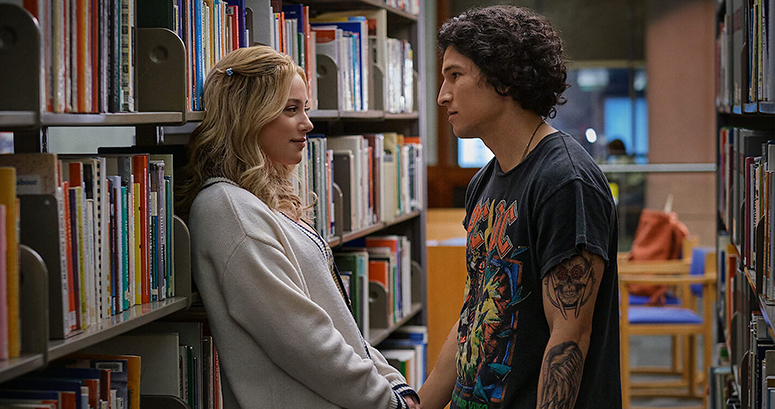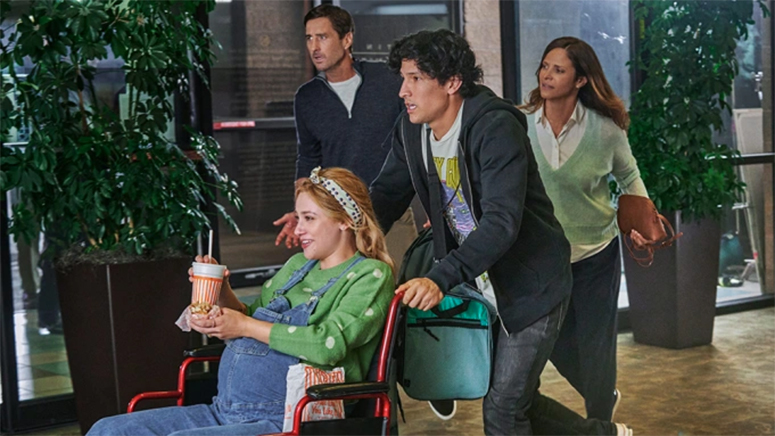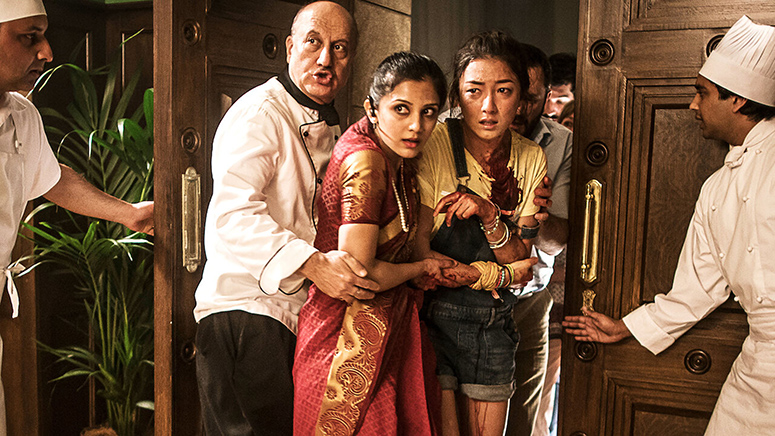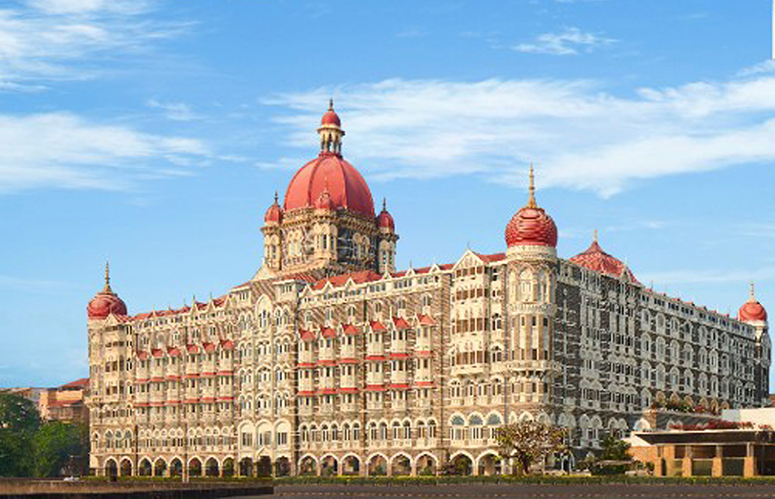Chance & choice
A rom-com with a serious statement that still makes you feel good.
That was Netflix’s Look Both Ways to me.
Natalie, an illustrator with a background in 2D and 3D, has a five-year plan all mapped out before her as she and her best friend Cara are set to move to Los Angeles right after graduation. BUT! She has a one-night stand with good friend and aspiring professional drummer Gabe just before the big move, and the rest of the movie is all about the two possibilities that unfold from that moment in time. Drum roll.
Natalie takes a pregnancy test after feeling nauseous. Drum roll… Is she pregnant? Or isn’t she, and it was just bad takeout food that’s making her queasy? The movie forks into the two futures ahead of her, premised on those two possibilities. Number one, she’s pregnant. What happens to her life if she gets pregnant? Will she choose to keep the baby? Will she and Gabe make a go of their relationship? What happens to her dreams as an illustrator? What happens to her five-year plan?

Or, number two, she isn’t pregnant and she moves to LA with Cara. Does she get her dream job as an illustrator? Does she survive in her new job? Does she find love in La La Land? What happens to her five-year plan? Does her career take off?
Though one struggles at first to focus on which reality Natalie is living (pregnant vs. not pregnant), which are interwoven throughout the movie, one gets accustomed to suspending disbelief, as when one does when watching Somewhere in Time (again) or The Outlander.
Each action has a reaction, that’s scientific. Life is what you make it. You can’t create your luck but you can recreate your reality.
In the end, the viewer participates in both realities that unfold as a result of the one-night stand. Fast forward to the fifth year. Which of the two Natalies attains her goals and is truly happy? The mother Natalie who chooses to stay in her Texas hometown or the LA-based career woman Natalie? You’d be surprised at the ending. Or endings.

My takeaways from this feel-good rom-com are not original, but seriously true.
The future, to a large though not complete extent (there is such a thing as destiny, you know), is up to you. Each action has a reaction, that’s scientific. Life is what you make it. You can’t create your luck but you can recreate your reality. Life throws you lemons and banana peels but it also lays down stepping stones on gushing waters to get you from Point A to Point B. You just have to take the first step. There is a price to our actions, but also a prize.
It’s not just a one-night stand that changes the future. It could be a moment of hesitation, a brash move, a change of heart. Either you get it or regret it, as one famous US department store exhorts online shoppers.
But whatever road you choose when you reach a fork, you can learn a thing or two from Natalie.
Drum roll.
Uncommon valor
The worst of times brings out the best in many people.
The Netflix movie Hotel Mumbai illustrates the heartwarming truth that amid the horror of death staring them in the eye, many still choose to save others before themselves.
In the movie, which was based on true events during the 2008 terrorist attacks in Mumbai, they weren’t soldiers, cops or medics with an oath — they were chefs, waiters, and room boys who protected guests with their lives even if the exit to their own safety “was 20 seconds away.”

This uncommon valor by seemingly “common” citizens was frozen on the reel of my mind after watching the movie, which retold the horror and the heroism within the walls of the luxury Taj Mahal Palace Hotel.
According to Brittanica.com, during the attack on the city, “In all, at least 174 people, including 20 security force personnel and 26 foreign nationals, were killed. More than 300 people were injured. Nine of the 10 terrorists were killed, and one was arrested.” Thirty-one of the fatalities were at the Taj Mahal Palace.

The Harvard Business Review, in an article praising the extraordinary heroes in the hotel during the siege, said, “During the onslaught on the Taj Mumbai, 31 people died and 28 were hurt, but the hotel received only praise the day after. Its guests were overwhelmed by employees’ dedication to duty, their desire to protect guests without regard to personal safety, and their quick thinking. Restaurant and banquet staff rushed people to safe locations such as kitchens and basements. Telephone operators stayed at their posts, alerting guests to lock doors and not step out. Kitchen staff formed human shields to protect guests during evacuation attempts. As many as 11 Taj Mumbai employees — a third of the hotel’s casualties — laid down their lives while helping between 1,200 and 1,500 guests escape.”
The movie itself tells the story of real-life celebrity chef Hemant Oberoi (Anupam Kher, also in the series The New Amsterdam). He has served such celebrities as the late Princess Diana and Brad Pitt and Angelina Jolie.

Oberoi had every chance to escape, as one of his staff did, but he chose to stay, as did several of his chefs. Now, you wonder, why such dedication to duty of chefs, whose world seemingly is confined to the kitchen? Those familiar with Indian culture say their hospitality is innate, and as one of the characters in the movie says, the “guest is god.” Oberoi reportedly lost six chefs in the siege of the hotel, who died leading guests to safety.
Director Anthony Maras pored over many survivors’ accounts, and telephone transcripts made available to him to create an amalgam of the many people who survived and did not survive the siege.
Among the many characters in the movie is a waiter named “Arjun,” portrayed by Slumdog Millionaire’s Dev Patel, who takes charge of a high-end restaurant in the hotel when it was evident the hotel was under brutal attack. Like the waiters on whom his character is based, Arjun orders the lights closed and the guests to stay under the table in a calm but firm manner, and later leads them to safer places before help arrives.
When the dust of battle had cleared, the real-life Chef Oberoi returned to work and, three weeks later, reopened one of the restaurants in the hotel.
The damaged hotel was restored to its former grandeur and inaugurated less than two years later, with many of the survivors attending. According to reports, though they witnessed horror beyond words, they witnessed heroism beyond words, too.
And that is how I felt after watching the movie. Repulsed by the horror but in awe of the extraordinary valor of those who did not have valor in their job description. *


